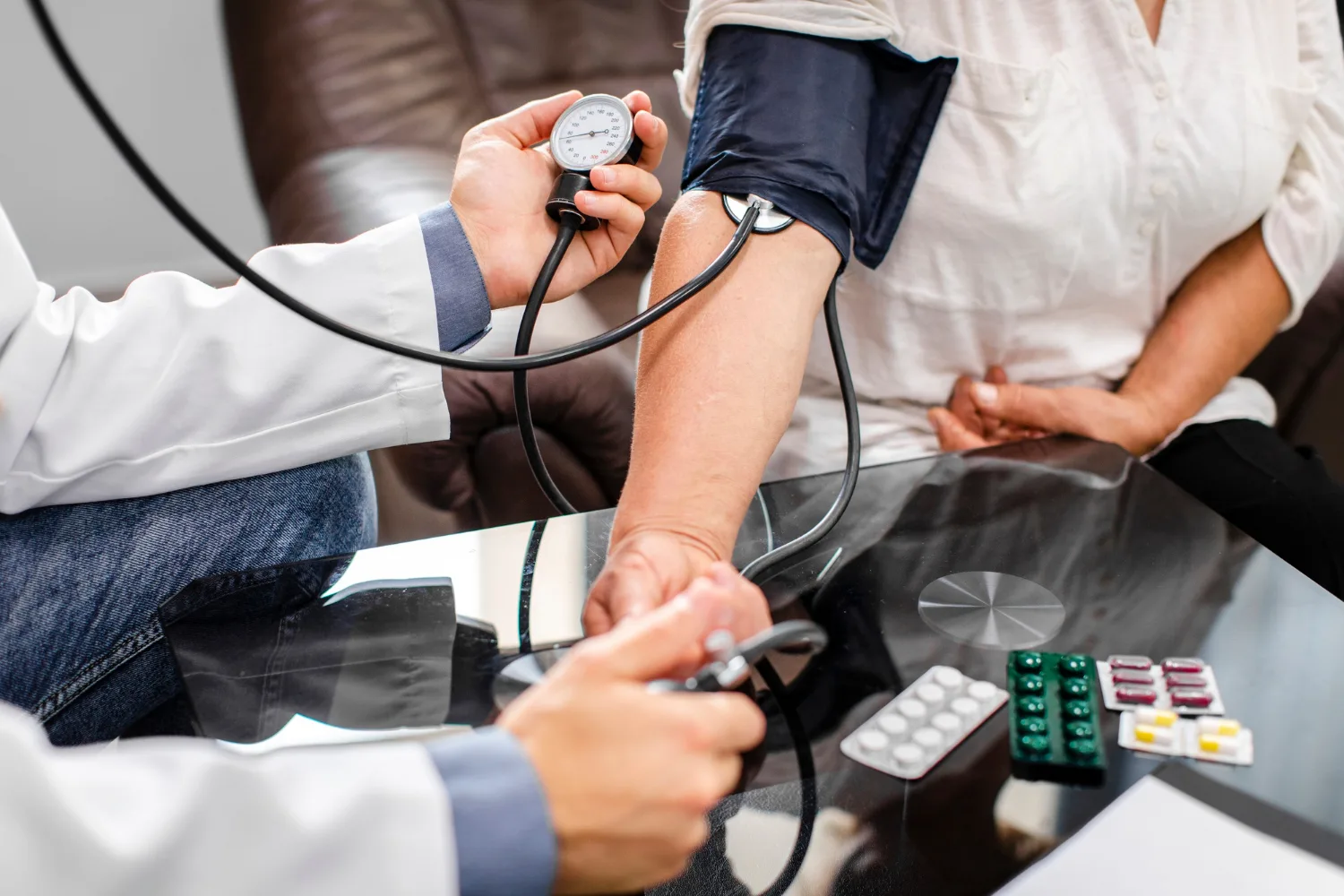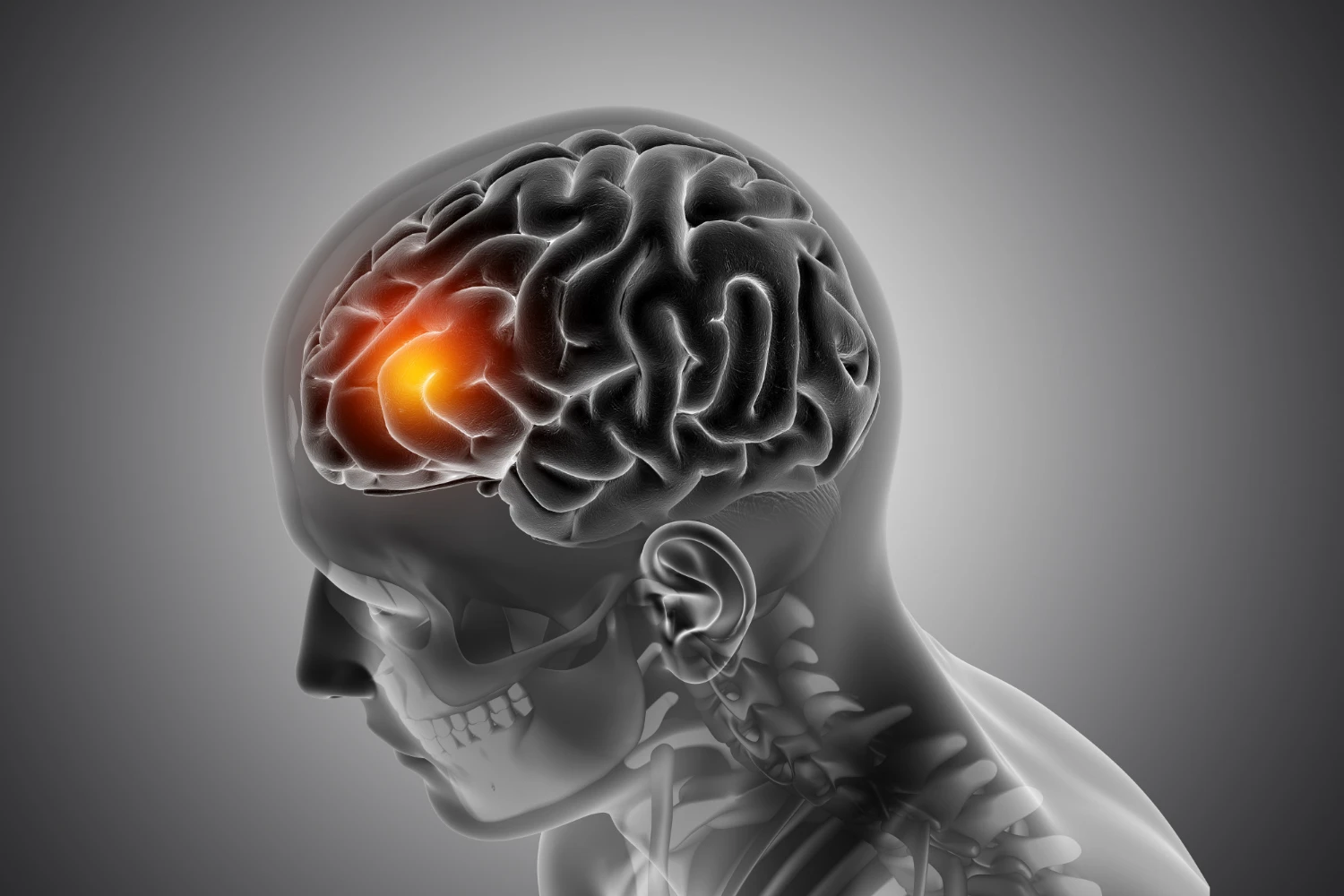Does Smoking Cause Tuberculosis?
Category: Blogs
Tuberculosis (TB) remains one of the most significant infectious diseases worldwide, affecting millions and causing serious health complications. Among various risk factors, smoking has been widely discussed in medical circles and by public health experts for its role in TB infection and progression. But does smoking cause tuberculosis? This is a crucial question that concerns many, especially smokers or those exposed to secondhand smoke.
At Lokmanya Hospitals, known as the best hospital for treating complex diseases including infectious diseases and spinal conditions, we understand the critical intersection between smoking and tuberculosis. Lokmanya Hospitals offers comprehensive evaluation and management for TB patients, including those who smoke.
In this blog, we provide an in-depth explanation of the relationship between smoking and tuberculosis, addressing frequently asked questions such as why smoking increases TB risk, what mechanisms are involved, and when smokers should be screened for TB. We also highlight why Lokmanya Hospitals should be your trusted healthcare partner for TB and related complications.
What Is Tuberculosis?
Tuberculosis is an infectious disease caused by the bacterium Mycobacterium tuberculosis. It mainly attacks the lungs but can spread to other organs, including the spine, causing extrapulmonary TB. The disease spreads through airborne droplets released when an infected person coughs or sneezes.
TB can exist in two states:
- Latent TB: The bacteria are inactive, causing no symptoms and are not contagious.
- Active TB: The bacteria multiply and cause symptoms, making the disease contagious and requiring immediate treatment.
How Does Smoking Affect Tuberculosis?
1. Smoking Weakens the Immune System
Smoking impairs the immune system’s ability to fight infections, including Mycobacterium tuberculosis. The chemicals in cigarette smoke damage the respiratory tract lining, reducing the lungs’ natural defenses and making it easier for TB bacteria to establish infection.
2. Increased Risk of TB Infection and Disease Progression
Studies consistently show smokers have a higher risk of developing active tuberculosis compared to non-smokers. Smoking not only increases the risk of initial TB infection but also makes latent TB more likely to progress to active TB disease.
3. Impact on TB Treatment and Recovery
Smoking can reduce the effectiveness of TB treatment by impairing drug absorption and worsening lung damage. Smokers with TB are more likely to experience treatment failure, relapse, and even mortality.
4. Smoking and TB Transmission
Because smokers tend to have more severe lung disease with prolonged coughing, they may produce more infectious droplets, increasing the risk of transmitting TB to others.
How Do Lokmanya Hospitals Support Smoking Patients with Tuberculosis?
- Comprehensive Screening and Diagnosis: Using cutting-edge imaging, sputum tests, and molecular diagnostics to detect TB early.
- Personalized Treatment Plans: Including anti-TB medications, supportive care, and monitoring treatment response.
- Smoking Cessation Programs: To help patients quit smoking, reducing TB complications and improving treatment success.
- Rehabilitation and Follow-up Care: Addressing lung health and spinal complications to ensure complete recovery.
- Patient Education: Empowering patients with knowledge about TB, smoking risks, and preventive measures.
The Bigger Picture: Smoking and Global TB Control
Globally, smoking is recognized as a major obstacle to TB control efforts. The World Health Organization estimates that smokers are about twice as likely to develop TB compared to non-smokers. Reducing smoking prevalence is a vital public health goal to curb TB incidence and mortality.
Why Choose Lokmanya Hospitals for Tuberculosis and Smoking-Related Lung Diseases?
At Lokmanya Hospitals, we combine advanced diagnostic tools with expert clinical care to manage tuberculosis effectively, especially in patients with complex risk factors like smoking. Our multidisciplinary team, including pulmonologists, infectious disease specialists, and spine surgeons, offers comprehensive treatment plans tailored to each patient’s needs.
We are proud to be recognized as the best hospital for respiratory and infectious disease care, and a leader in best spine treatment, particularly for cases involving spinal tuberculosis. At Lokmanya, we focus on holistic healing—addressing not only the infection but also lifestyle factors like smoking cessation that impact long-term health.
Conclusion
Smoking plays a critical role in increasing the risk and severity of tuberculosis, making it a significant public health concern. While smoking itself does not cause TB, it compromises lung immunity, facilitates infection, worsens disease progression, and impairs treatment effectiveness.
For anyone experiencing TB symptoms, especially smokers or those exposed to smoke, timely diagnosis and expert treatment are essential. Lokmanya Hospitals, recognized as the best hospital for tuberculosis care, is committed to providing advanced, compassionate care. With specialized expertise in TB management and the best spine treatment for spinal TB complications, Lokmanya is your trusted partner in the journey toward recovery and better lung health.
If you or a loved one is concerned about TB symptoms or the impact of smoking on lung health, don’t delay. Reach out to Lokmanya Hospitals today for a comprehensive evaluation and world-class treatment.
Frequently Asked Questions
Q1: Can smoking alone cause tuberculosis?
Answer: Smoking does not directly cause tuberculosis—it is caused by infection with Mycobacterium tuberculosis. However, smoking significantly increases susceptibility to TB infection and progression.
Q2: Is secondhand smoke a risk factor for tuberculosis?
Answer: Yes. Exposure to secondhand smoke can impair lung immunity, increasing the risk of TB infection, especially in children and non-smokers living with smokers.
Q3: Can quitting smoking reduce TB risk?
Answer: Absolutely. Quitting smoking restores lung defenses and immune function over time, reducing the risk of TB infection and improving treatment outcomes if TB develops.
Q4: How does smoking affect the outcome of TB treatment?
Answer: Smoking can lead to poorer treatment outcomes, including slower recovery, higher relapse rates, and increased risk of complications like lung damage.
Q5: When should a smoker seek medical help for TB symptoms?
Answer: Any smoker experiencing a cough lasting more than two weeks, unexplained weight loss, night sweats, fever, or coughing up blood should consult a healthcare provider immediately.
Previous blog

What Is A Spine Problem?
Next blog






